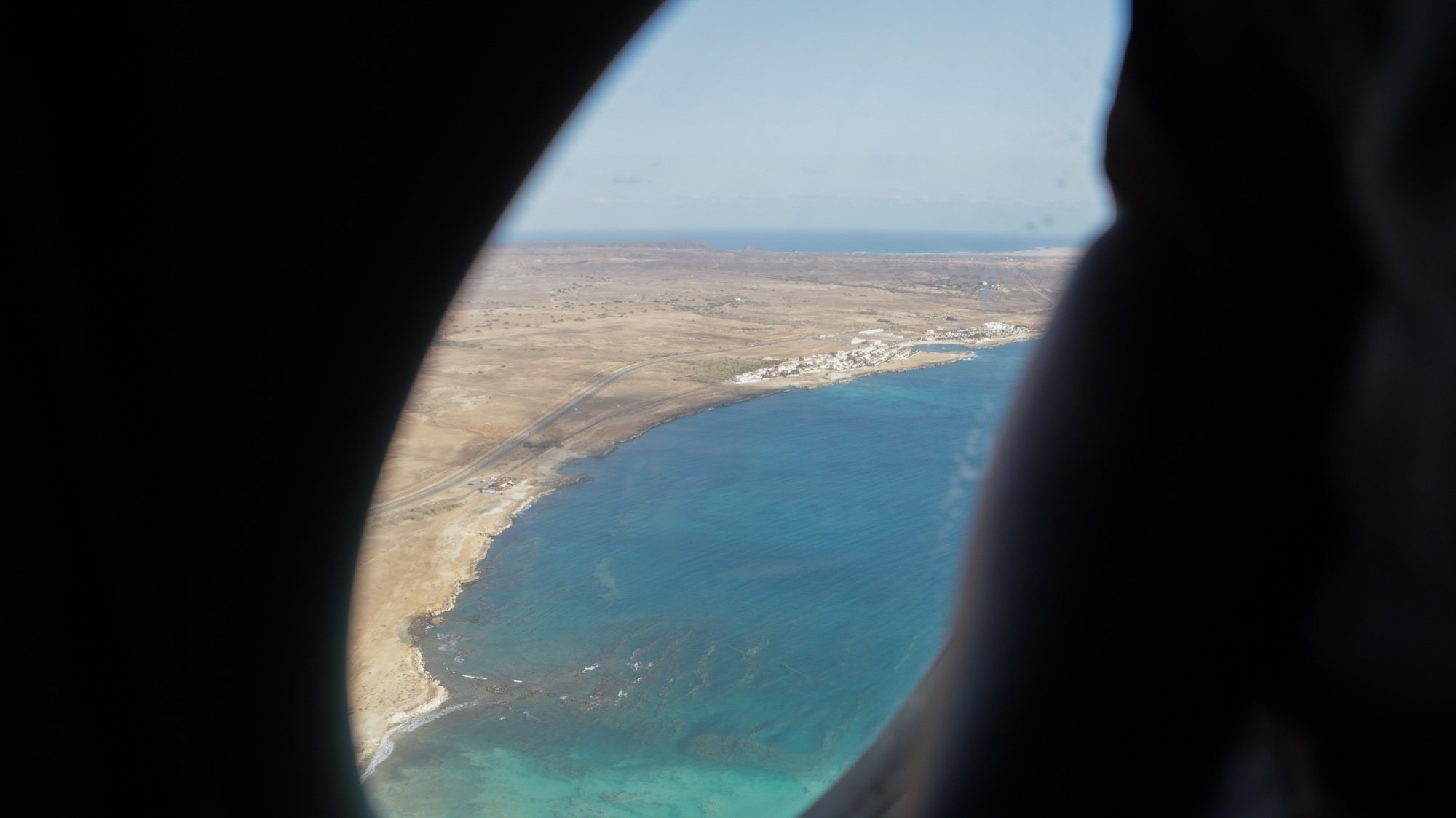This year, the World Bank will present a Climate and Development Report (CCDR) dedicated to Cape Verde, due to the risks facing the archipelago, the institution announced.
“The World Bank takes these challenges seriously and is preparing a Climate and Development Report dedicated to Cape Verde, in close collaboration with the Government,” reads the institution’s latest economic update bulletin.
A World Bank (WB) source contacted by Lusa stated that the publication should be made at the end of this year.
The institution classifies Cape Verde as “the country with the highest risk of climate disasters in sub-Saharan Africa and one of the highest risk levels globally.”
Episodes of prolonged cyclical droughts, desertification and extreme rainfall leading to flash floods, especially in urban areas, are examples of threats.
The rise in sea level, coastal erosion and the loss of biodiversity and ecosystems are problems that especially affect beaches and coastal areas, “putting at risk the sustainability of the tourism sector”, the engine of the economy.
“Changes in sea surface temperature, salinity, acidity and oxygen levels will likely have catastrophic effects on fishing,” adds the latest WB bulletin in relation to another sector of activity, fishing, responsible for most exports of goods and food. security.
In the case of Cape Verde, one of the objectives of the report will be to help understand the impacts of climate change on the amount of fish caught and its composition over time, something “vital to develop resilience and adaptation in the sector ”.
The WB highlights the partnership between the Government of Cape Verde and the University of British Columbia (Canada) to carry out a comprehensive study on the impacts of climate change on fishing, with emphasis on the socioeconomic importance for the country.
CCDR reports were initially produced for 25 countries and are being implemented in all World Bank Group countries.
The goal is to involve governments, the private sector, academia, think tanks and civil society in the debate on climate change.
As public documents, they aim to help frame actions within the climate and development agenda, as well as highlight high-impact actions that can attract funding.
“This central diagnosis integrates climate change with development to help prioritize the most effective actions to mitigate greenhouse gas emissions,” adds the WB.
Cape Verde has presented as a good example at the international level the initiative held with Portugal to exchange debt for climate-oriented financing.
In 2023, Portugal committed to being the first participant in Cape Verde’s climate fund, with 12 million euros, for projects related to strengthening renewable energies.
Also with regard to climate change, the International Monetary Fund (IMF) supports the archipelago with financing of 31.7 million dollars (29.3 million euros) within the framework of the Resilience and Sustainability Mechanism (RSF).
The support is intended for the Government’s efforts in areas related to attracting external investment and government reforms to mitigate climate change and the energy transition.
The Prime Minister of Cape Verde, Ulisses Correia e Silva, has advocated the creation of new financing mechanisms so that small island states can confront climate change without resorting to funds budgeted for development.
Likewise, it defends the use of indices adjusted to the characteristics of Small Island Developing States (SIDS), welcoming the creation of a Multidimensional Vulnerability Index by the United Nations, with the capacity to adjust eligibility for financing to the reality of the countries.
Source: Observadora
